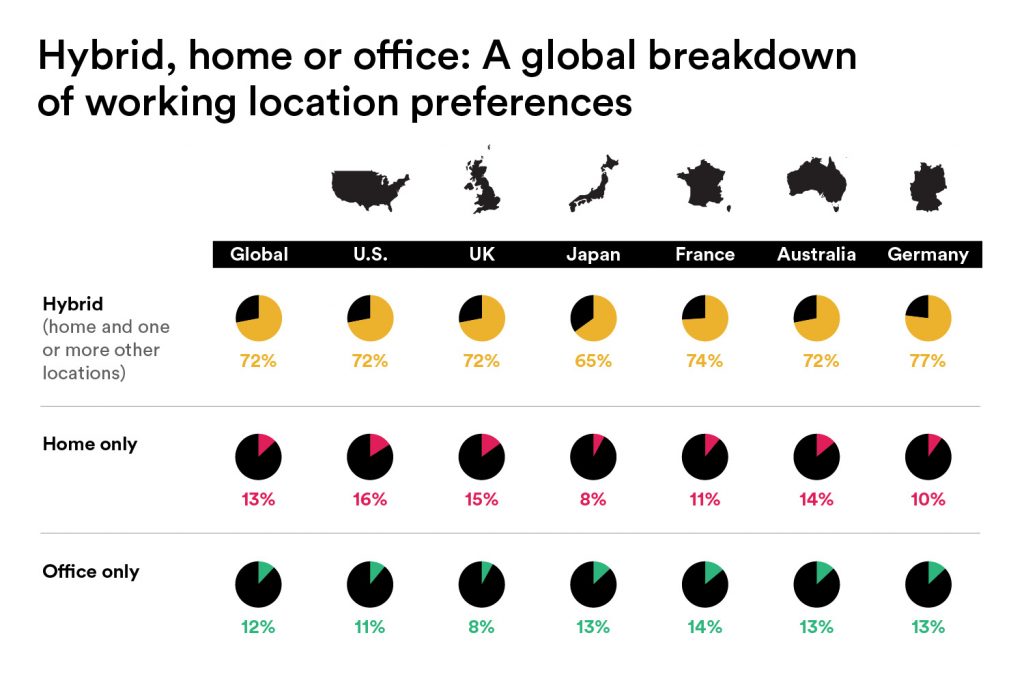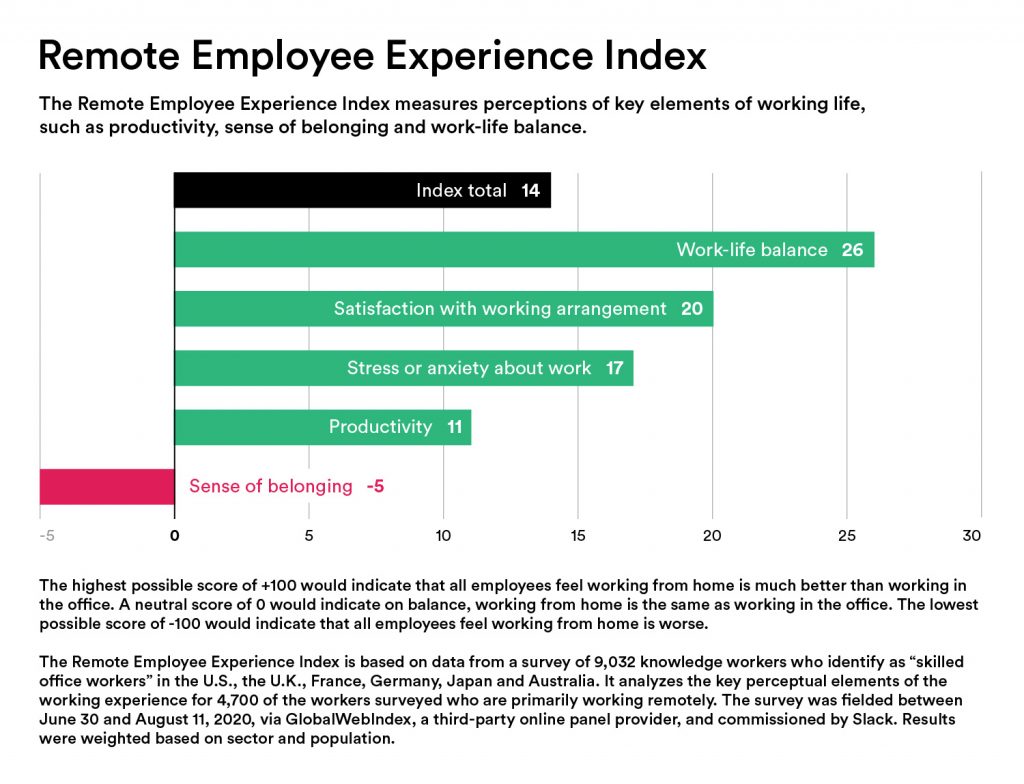These days I hesitate to dive in and criticize companies for their community-building missteps. Building community is hard, and we all fail at some point or another.
However, I can’t resist being about the 3023rd person to weigh in on the
Reddit protest that occurred this weekend. Much of the analysis so far, while fine, has suggested a single action (the firing of Victoria Taylor) caused the event. Instead, it seems clear to me that this was simply the straw that broke the camel’s back. There are much deeper problems over at Reddit, and I think it’s worth analyzing them because we could all learn from their mistakes. Here are my thoughts on what went wrong and how they could have avoided a blowup.
A single point-of-contact for community is a dumb move. (It’s also a common one.)
Having a single point of contact for a community means that you are one step from failure. If that person leaves, or is let go, or acts like a jerk, or does any number of things, your community is immediately in danger.
If you’re at a company with multiple community employees, make sure they all engage with the community on some level. Certainly some will have much more interaction than others, but being a recognized face is important.
Unfortunately, at many companies there’s only one community hire, so this is impossible. In this situation, try to have a non-community person (maybe a marketer or product manager, or even an office manager…someone with people skills) at least occasionally interact with your community. Build a sustainable community integrated with your company. Which leads to…
You need to be part of your community.
By all accounts—including her own—CEO Ellen Pao spends very little time talking to her community on Reddit. The employee they eventually asked to step into the moderator liaison role does not seem to be very active either, and often seems to get into tiffs with users regarding moderation actions. Meanwhile, the celebrated employee that’s leaving seemed incredibly active (she even had a whole subreddit for her two cats). Being part of your community engenders trust and helps you better understand them. I suspect the backlash would be far less severe if they had been a bigger part of their community.
If you let go an employee who is crucial to any major community projects, immediately fill that void.
Part of the major frustration from the Reddit community is the fact that Victoria was the coordinator for Ask Me Anything (AMA), the Reddit Q&A series (and often was the point person for verifying celebrity identities). With her departure, many of these sessions across multiple communities were suddenly in jeopardy. Reports vary, but it sounds like Reddit didn’t step up to temporarily fill this position and ensure these AMAs proceeded successfully. In fact, it sounds like some AMA moderators learned about Victoria’s departure through AMA subjects who couldn’t get ahold of her. This is just lazy on Reddit’s part; they should have immediately had an existing employee step in to facilitate this important part of the Reddit experience.
Monetizing a community is tough. Involve them, help them understand why it’s important, and know that there is a line past which you will alienate them.
I don’t know the magic trick to monetizing a community. It’s hard to make money off of something that’s explicitly designed around quality personal interactions rather than transaction. Steps towards monetization can cause community members to get very worried and upset…sometimes for legitimate reasons, sometimes imagined ones.
With that in mind, you must involve them. You must help them understand. Many times, the issue is simply your community picturing a huge company with insane profits and swimming pools full of gold trying to squeeze a few more bucks out of them…when the reality is that the company is rag-tag group of passionate people struggling to become profitable so they can keep the site afloat. Communicating this and being transparent about why and how you’re looking at monetization will greatly decrease the amount of frustration the community feels.
Involving community beyond that can be tricky; if you directly ask the group if you should do x or y, they’re likely to say “no” (and then you’re in a tough place if you do it anyway). But two options are a) doing user testing (the real kind, in a room rather than deployed live to a bunch of unsuspecting community members) and b) organizing a community advisory board. Both not only help the community feel that you took their concerns into account, they also should help you make a better decisions.
Finally, you need to know that there’s a line. There’s always a line. The communication and collaboration you do with the community can push that line further, but there’s a point (whole page take-over ads, popups, advertisers who clash with community values, etc) at which the community will say “no, that’s not ok”. Traverse further at your own risk.
Ad revenue is built on large numbers of visitors. When visitors are a direct result of the work a minority of volunteers provide, that vocal minority is, and should be treated as, very important.
At a SaaS company you’re likely to try to ignore the vocal minority asking for power-user features that won’t help you sell any more licenses to average users. But with a community, that vocal minority is often the reason the community is functioning and healthy, especially when they have significant responsibilities and projects. It seems that Reddit has been taking their moderators for granted, doing a bad job communicating with them and building much-needed features.
As Drew Olanoff put it: “Moral of the story? Making bucks off of the backs of a community is possible, until they take their backs somewhere else. It’s a tightrope. Reddit fell off.” Reddit should be prioritizing moderators above almost all else aside from revenue, because without them the site will collapse. The fact that Reddit apparently promised new tools and features for moderators and then never delivered is proof that their priorities are in the wrong place. They should have dedicated developers working on tools for moderators and dedicated staff communicating regularly with moderators (and, post-crisis, they now seem to).
Every company should have a crisis plan that involves communicating immediately (even if your communication is “we can’t talk about this yet”).
Crises happen. You can’t help that. But you can have a plan. And the first part of that plan needs to be communication. When community members hear about drama from other community members, it often gets exaggerated. This is true in most contexts. When a coworker tells you that Jenny from marketing was let go, it usually includes gossip or drives you to speculate, often leading to worst-case scenarios (“I bet they’re shutting down the whole department!”). But if the company communicates quickly and honestly, much of this will be squelched.
Reddit did a terrible job of this, with very little public communication about the issue. Worse, Pao went on to talk to the press about the incident before talking to the community. (She did post a single, unimpressive comment in one of the public threads. She later complained that she was being “downvoted” so her message could not get through…despite obviously having access to the company blog and announcements subreddit.)
Letting go of an employee that’s extremely connected to your community should be done very carefully. Ideally, you should work with that employee to ensure a smooth transition. Most employees would prefer this; it reflects badly on them, too, if a community collapses after they leave, proving they didn’t build a sustainable community. Sometimes this isn’t possible. We still don’t know what happened with Victoria. Sometimes departures are not amicable, or there are legal reasons you can’t discuss them. But just like I said in one of my favorite posts for UserVoice, saying nothing is far worse than saying no. So if you can’t actually talk about the situation, just acknowledge that it exists and is important. “Hey all—we hear that you’re upset about this and hope to discuss it with you soon, but for legal reasons we can’t just yet. Stay tuned, and thanks for your concern and passion.” That simple move would have alleviated a lot of the anger.
Community is hard. People are fickle (especially on Reddit). Balancing mission and revenue is tricky. There’s no silver bullet. But there’s also no excuse for neglecting your community and then on top of that not executing a good crisis and transition plan. I hope we can all take a moment this week to review the above and make sure our own communities are not set up for failure like Reddit was.
Footnote #1: What should Reddit do next? I think Sam Houston has some great thoughts.
Footnote #2: Before anyone brings it up for me—yes, I absolutely think the misogyny that is rampant on Reddit had something to do with this. Their disdain with CEO Ellen Pao seems half rooted in legitimate frustrations, half in their disgust over her lawsuit. That is unpleasant and inexcusable, but I still think it was a minor part of the equation. The points I’ve made above are far more relevant.
Footnote #3: Thanks to Jennifer Sable Lopez, the Community Building
Stack Exchange, various articles, and everyone on the CMX community for helping me polish my opinions here.



